Teeth grinding sleep
Home » » Teeth grinding sleepYour Teeth grinding sleep images are available. Teeth grinding sleep are a topic that is being searched for and liked by netizens now. You can Get the Teeth grinding sleep files here. Get all free images.
If you’re looking for teeth grinding sleep pictures information connected with to the teeth grinding sleep keyword, you have come to the right site. Our website frequently provides you with hints for refferencing the highest quality video and image content, please kindly hunt and locate more enlightening video content and graphics that match your interests.
Teeth Grinding Sleep. Occasional teeth grinding, medically called bruxism, does not usually cause harm, but. People with sleep bruxism don’t grind their teeth throughout the night. The movements resemble chewing but generally involve more force. It often happens during sleep.
 5 CalciumRich Fruits For Healthy Teeth Cirocco Dental From ciroccodentalcenterpa.com
5 CalciumRich Fruits For Healthy Teeth Cirocco Dental From ciroccodentalcenterpa.com
In particular, teeth grinding is sometimes linked to a type of antidepressant known as a selective serotonin reuptake inhibitor (ssri). The movements resemble chewing but generally involve more force. Teeth grinding at night, or sleep bruxism, is classified as a sleep disorder. The main symptom of sleep bruxism is involuntary clenching and grinding of the teeth during sleep. Stages of sleep and teeth grinding. Bruxism is not considered dangerous in and of itself, but the constant grinding or clenching of teeth can cause jaw pain and damage to the teeth over time.
It can also be caused by sleep disorders such as sleep apnea.
Often, it takes a partner noticing the grinding sound to realize that bruxism is occurring. Sleep bruxism is more likely caused by an abnormal bite or missing or crooked teeth. Teeth grinding could be a severe issue that significantly affects your mouth, jaw, and spinal health. Grinding or clenching teeth may be an involuntary response to stress and anxiety. 4 grinding teeth at night is more common than during the day, but it can easily go undetected unless it becomes severe and causes daytime sensitivity or pain. Teeth grinding is most often caused by stress or anxiety and many people are not aware they do it.
 Source: boldsky.com
Source: boldsky.com
4 grinding teeth at night is more common than during the day, but it can easily go undetected unless it becomes severe and causes daytime sensitivity or pain. People may have very few episodes per night or up to 100. It is much harder for people to know that they are grinding their teeth while sleeping, so they tend to clench and grind their teeth with greater force. While it is not serious, continuous clenching of the jaw while grinding can cause headaches, disruption of sleep, jaw pain, and dental health issues. Teeth grinding is most often caused by stress or anxiety and many people are not aware they do it.
 Source: docshop.com
Source: docshop.com
It is much harder for people to know that they are grinding their teeth while sleeping, so they tend to clench and grind their teeth with greater force. This can occur during the day or at night while sleeping. Teeth grinding is most often caused by stress or anxiety and many people are not aware they do it. Nocturnal teeth grinding or bruxism is the jaw clenching, tooth grinding one engages in while asleep. It can also be caused by sleep disorders such as sleep apnea.
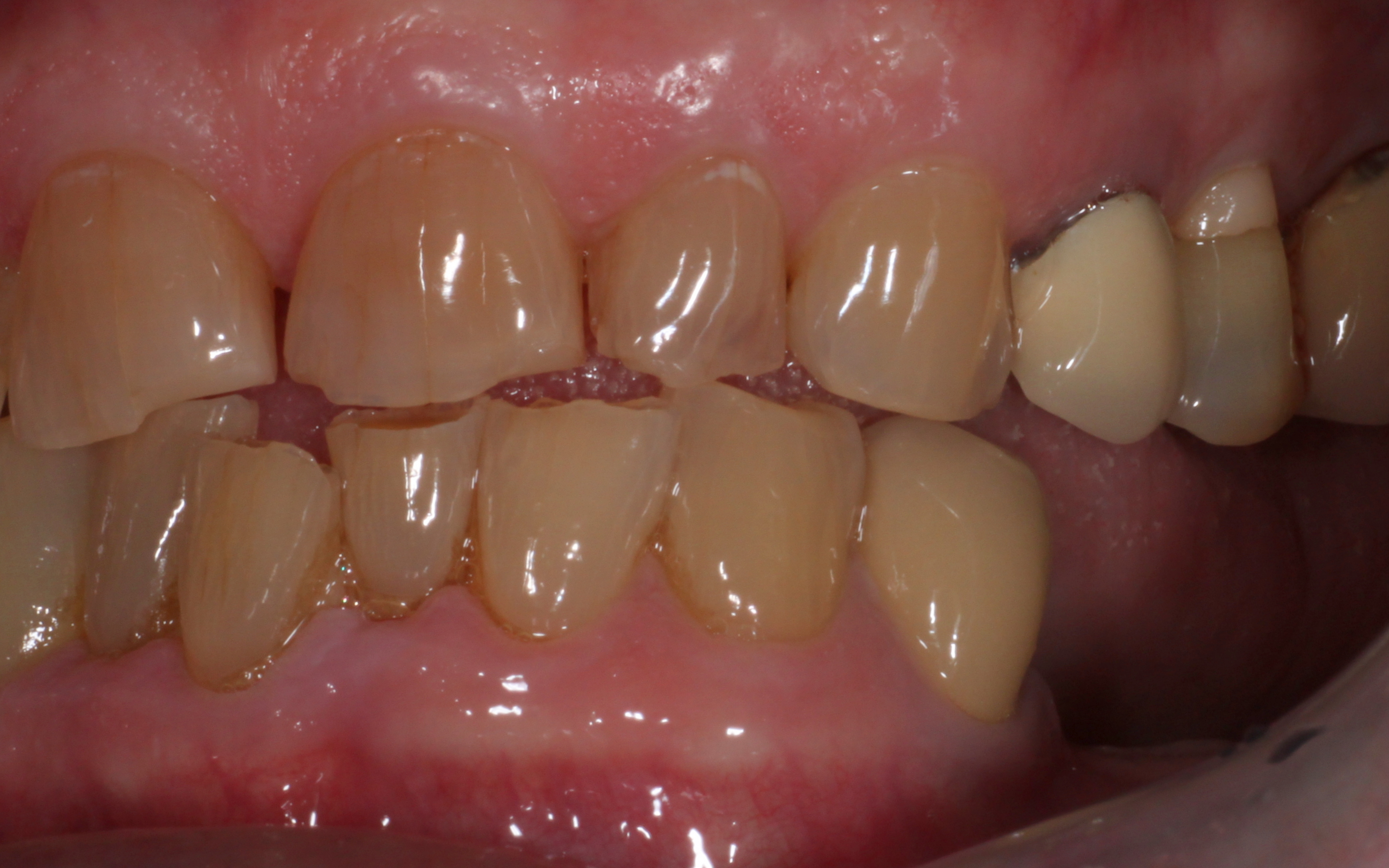 Source: blog.brightonimplantclinic.co.uk
Source: blog.brightonimplantclinic.co.uk
In particular, teeth grinding is sometimes linked to a type of antidepressant known as a selective serotonin reuptake inhibitor (ssri). When teeth grinding occurs during the day, it is known as awake or diurnal bruxism. This can happen when you’re awake (“awake bruxism”), or when you’re sleeping (“sleep bruxism”.) bruxism is fairly common, especially in children: This grinding can cause significant damage to the teeth and pain in the jaw, not to mention possible sleep deprivation that comes with its own side effects. Grinding can lead to more comprehensive issues resulting in poor overall health if not properly treated.
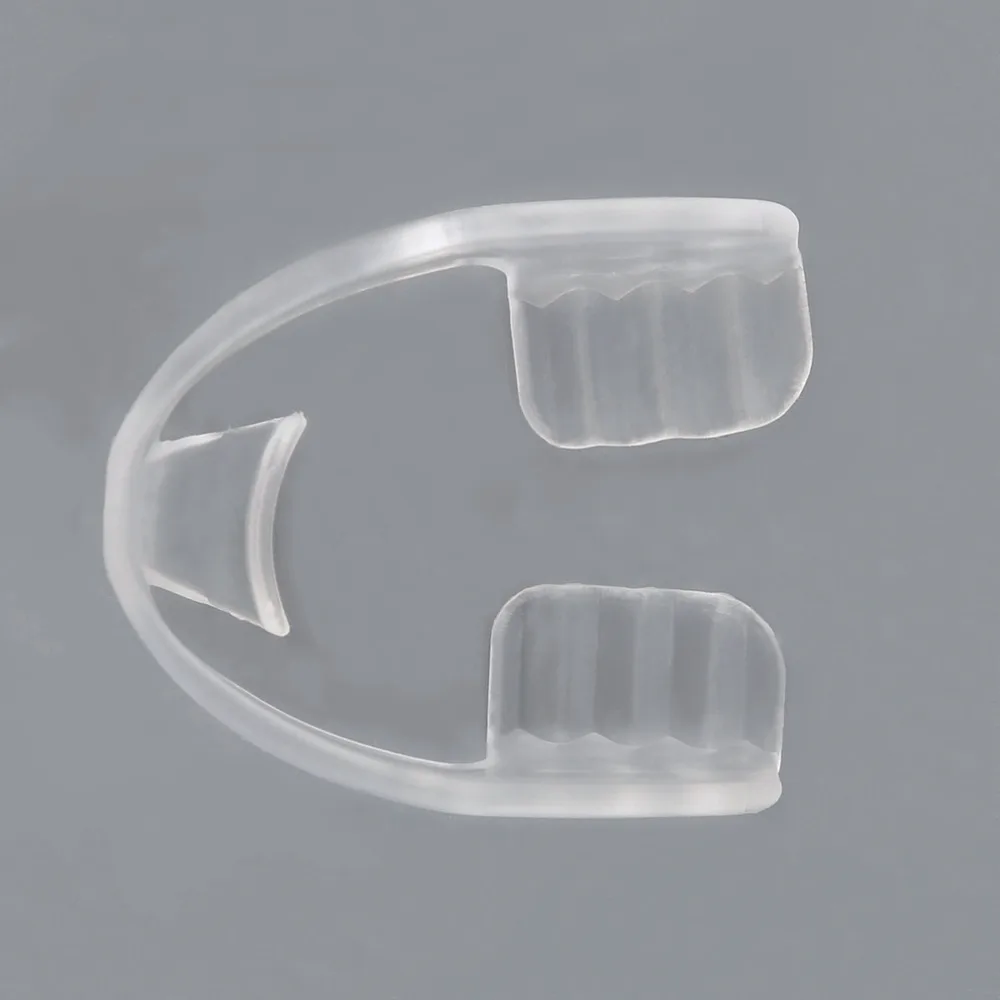 Source: aliexpress.com
Source: aliexpress.com
Moderate and severe forms of bruxism, however, may be the sign of an underlying disease. Sleep bruxism is more likely caused by an abnormal bite or missing or crooked teeth. During the night, the body normally cycles through several stages of sleep. People may have very few episodes per night or up to 100. It can coexist with other sleep disorders like obstructive sleep apnea and night terrors, and brings about severe dental damage when left unchecked.
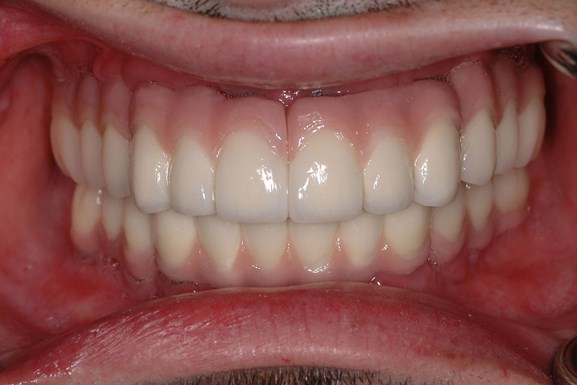 Source: gotoapro.org
Source: gotoapro.org
Sleep bruxism is more likely caused by an abnormal bite or missing or crooked teeth. Teeth grinding is often caused by stress and anxiety, which can cause facial muscle pain, headaches, spasms, neck pain, insomnia, jaw aches,. People may have very few episodes per night or up to 100. People with sleep bruxism don’t grind their teeth throughout the night. Occasional teeth grinding, medically called bruxism, does not usually cause harm, but.
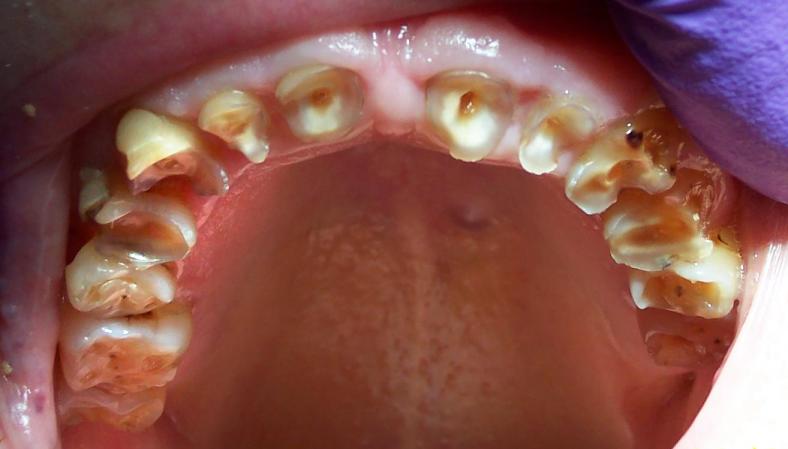 Source: intelligentdental.com
Source: intelligentdental.com
Grinding or clenching teeth may be an involuntary response to stress and anxiety. Teeth grinding is most often caused by stress or anxiety and many people are not aware they do it. The movements resemble chewing but generally involve more force. People may have very few episodes per night or up to 100. Grinding can lead to more comprehensive issues resulting in poor overall health if not properly treated.
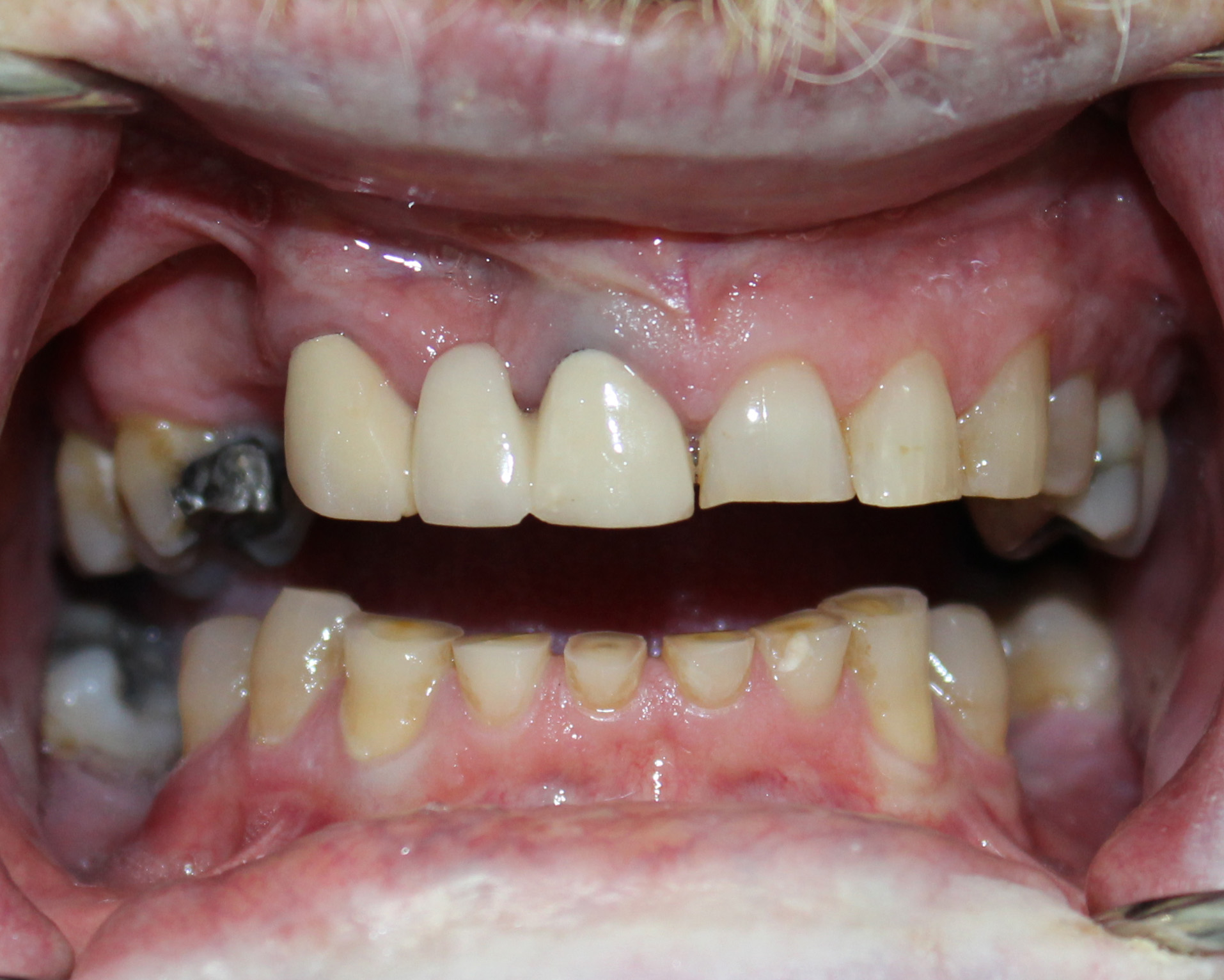 Source: northlandprosthodontics.co.nz
Source: northlandprosthodontics.co.nz
People may have very few episodes per night or up to 100. Teeth grinding at night, known as sleep bruxism, affects roughly 13% of adults. Now that you understand your sleep stages, you may begin to see how grinding your teeth at night can really disrupt restorative sleep. The movements resemble chewing but generally involve more force. This can occur during the day or at night while sleeping.
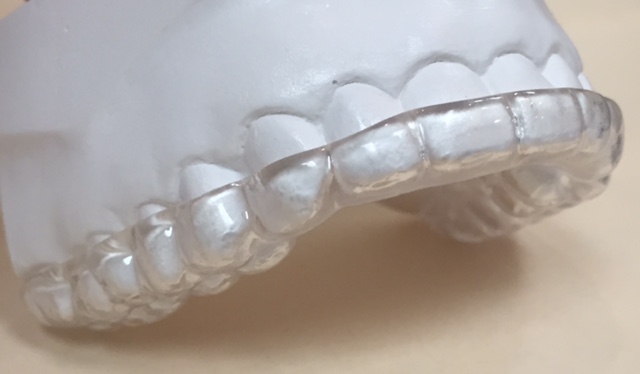 Source: fairfieldsleeptmj.com
Source: fairfieldsleeptmj.com
Teeth grinding is often caused by stress and anxiety, which can cause facial muscle pain, headaches, spasms, neck pain, insomnia, jaw aches,. This can occur during the day or at night while sleeping. It can coexist with other sleep disorders like obstructive sleep apnea and night terrors, and brings about severe dental damage when left unchecked. How teeth grinding affects sleep. Moderate and severe forms of bruxism, however, may be the sign of an underlying disease.
 Source: ciroccodentalcenterpa.com
Source: ciroccodentalcenterpa.com
Teeth grinding could be a severe issue that significantly affects your mouth, jaw, and spinal health. Teeth grinding could be a severe issue that significantly affects your mouth, jaw, and spinal health. In particular, teeth grinding is sometimes linked to a type of antidepressant known as a selective serotonin reuptake inhibitor (ssri). Now that you understand your sleep stages, you may begin to see how grinding your teeth at night can really disrupt restorative sleep. People usually grind their teeth at night because of stress, genetics, smoking, crooked teeth, or sleep apnea.
This site is an open community for users to do sharing their favorite wallpapers on the internet, all images or pictures in this website are for personal wallpaper use only, it is stricly prohibited to use this wallpaper for commercial purposes, if you are the author and find this image is shared without your permission, please kindly raise a DMCA report to Us.
If you find this site value, please support us by sharing this posts to your preference social media accounts like Facebook, Instagram and so on or you can also save this blog page with the title teeth grinding sleep by using Ctrl + D for devices a laptop with a Windows operating system or Command + D for laptops with an Apple operating system. If you use a smartphone, you can also use the drawer menu of the browser you are using. Whether it’s a Windows, Mac, iOS or Android operating system, you will still be able to bookmark this website.